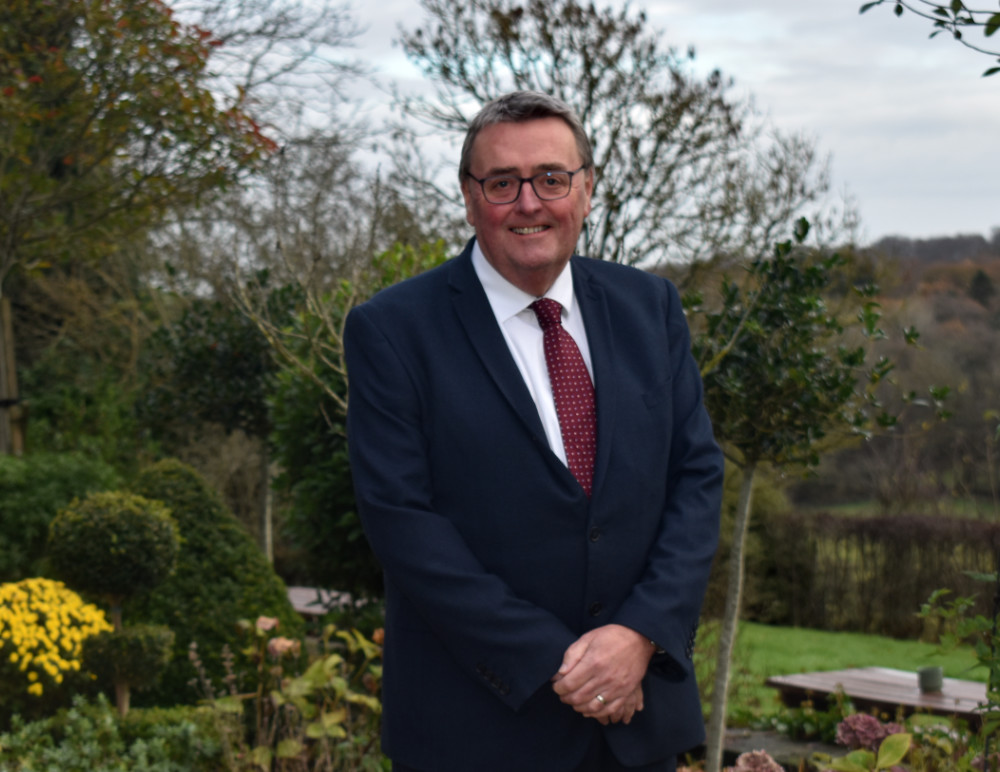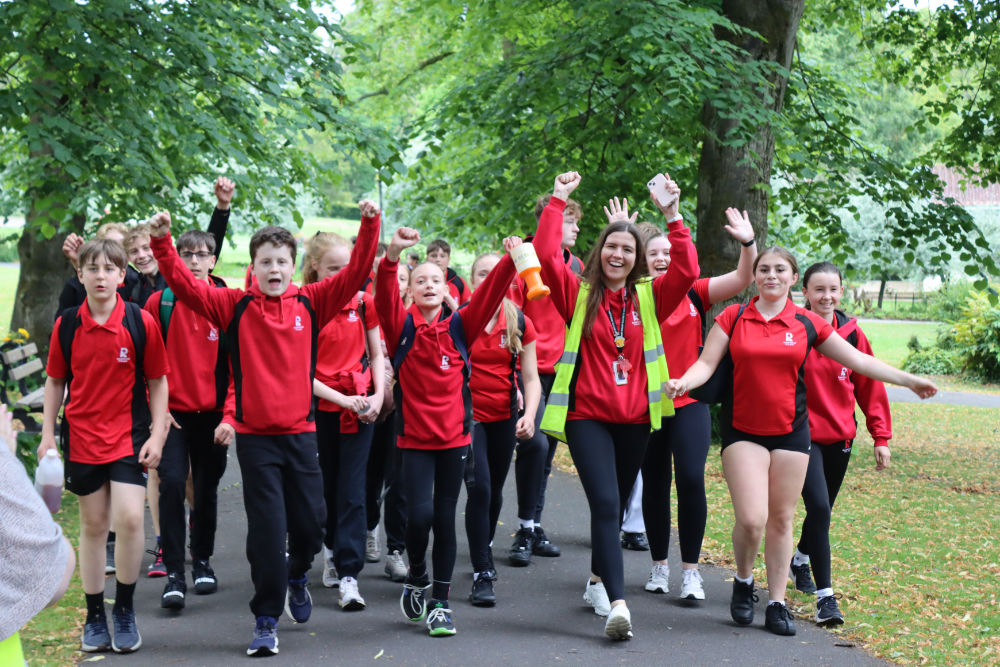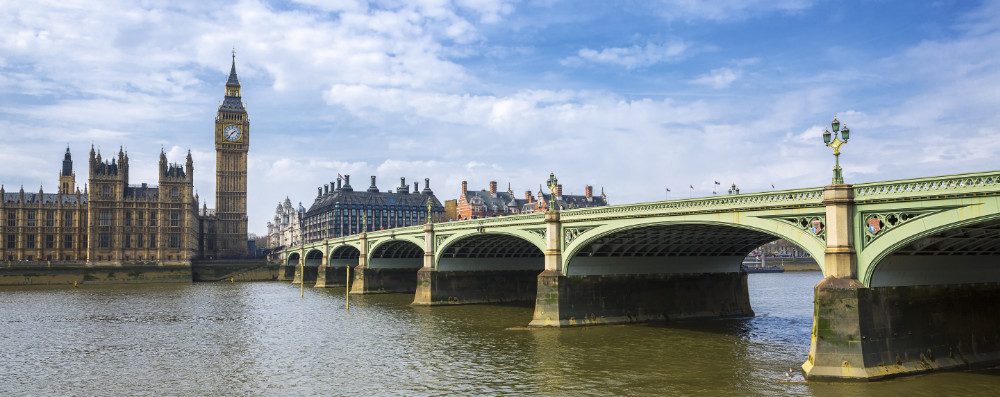The outbreak of COVID-19 has led to many people being asked to work from home in order to slow the spread of the virus and control the infection rate. But for those working on the front lines in the medical profession, working from home is impossible. Every day since the outbreak, medical professionals have been risking their own health to treat the people who need it the most. And naturally, this has caused some worry and concern among medical professionals when it comes to their families. After all, nobody wants to pass on a deadly virus to a vulnerable family member. So, what have medical personnel in the UK been doing to keep their loved ones safe from COVID-19?
PPE
Wearing PPE at work is essential but many healthcare workers are going even further and wearing it wherever they can in public. In the UK it has now become mandatory to wear a face-covering in public places such as when using public transport or in shops. As the UK prepares for an imminent second wave of the virus, personal protective equipment is going to become even more important for everybody, but especially those who are on the front line.
Many healthcare workers are investing in a shield from VIRACTIV; this is the best mask for regular use since it can be washed and reused several times safely. The Virustatic Shield from Viractiv is coated with Viruferrin which is proven to kill up to 99% of viruses including COVID-19. The redshield mask from VIRACTIV is super-comfortable to wear, making it an ideal choice for healthcare workers who wear surgical masks all day long at work and want something easier to put on when they are out in public. If you’re interested in getting the only mask that captures and disables viruses, the mask with the trademark redshield is worth a look if you’re looking to protect yourself and your family from the pandemic. check out the masks for sale at VIRACTIV here.
Physical Distancing
During the lockdown, many healthcare professionals made the tough decision to move away from their families until infection rates started to decline, and with a second wave hitting the UK, undoubtedly, they may need to consider doing this again. Medical professionals who have vulnerable family members at home, or simply do not want any risk of passing on the virus to their families, stayed in hotel rooms or temporary accommodation where they could safely isolate from their families and reduce the risk of passing the virus on significantly. While it was undoubtedly a difficult experience for many, this sacrifice made by essential healthcare workers was likely to have seriously reduced infection rates.
Hygiene Practices
Any healthcare professional knows just how important good hygiene is when it comes to preventing yourself and others from getting sick. And being strict about cleanliness in the home is crucial when it comes to keeping yourself and your loved ones safe from the coronavirus. Many medical professionals now have a system in place to reduce the risk of infection in the home which involves getting undressed as soon as they walk into the house, placing their clothing in the wash immediately, and taking a complete shower before coming into contact with any furniture or any other members of the household. This ensures that any infected uniforms are immediately dealt with. Healthcare workers are also paying more attention to regular hand-washing as a family and the regular cleaning of any high-touch areas like door handles and light switches.
Protecting Vulnerable Family Members
While not being able to see vulnerable family members who do not live in your household is tough, it is something that most of us have had to do during the coronavirus pandemic. And while vulnerable adults who live alone are now able to form a support bubble with members of their family who live in a separate household, many healthcare professionals may have taken the difficult decision not to do this in order to shield their vulnerable family member and reduce the risk of them catching the virus. Throughout the lockdown and even now, many health professionals are making the huge sacrifice of not being able to see certain family members in-person and instead of turning to video and telephone calls to keep in touch.
Arrange Home Care for Elderly Relatives
Front line medical professionals who are at the highest risk of catching COVID-19 may understandably want to avoid visiting elderly relatives who are naturally at a higher risk of both catching and developing complications from COVID-19. Those working on COVID-19 wards, for example, may want to reduce all the risks of potentially passing on the virus to a vulnerable elderly relative, which is where home care services can step in on your behalf. If you usually care for an elderly relative, an in-home carer can provide assistance with the tasks that you would normally help with, ensure that your relative gets the right medical care if needed, and spend some time with them on a daily basis, giving you peace of mind that they are being looked after by somebody who cares.
Financial Support
Of course, the risk of catching COVID-19 is not the only problem that many people have had to face during this pandemic. As a frontline healthcare worker, you may be lucky enough to still be earning your regular wage or perhaps even more if you’ve gotten more hours as a result, but you may be close to somebody who has found themselves out of work or is currently relying on the job support scheme in order to make a living. Along with shielding their families from the virus, many kind-hearted healthcare workers have also been going out of their way to make sure that their family members and loved ones are financially supported, whether that means helping out with bills or ensuring that they have food on the table in these difficult times.
Mental Health Support
The pandemic has been a trying time for everybody and frontline healthcare workers have been some of the most affected in terms of anxiety and stress. Not only are you dealing with a situation where your patients might be very sick with a virus that we still know very little about, but you have the additional worry of potentially risking taking that virus back home to the people who are closest to you. Right now, mental health support for healthcare workers has never been as important, particularly when they are under so much pressure. If you are a frontline medical professional during this pandemic, you will know that you will struggle to perform at your best and protect your family if you are struggling yourself. There is no shame in asking for help.
Provide Education
Finally, you can’t protect everybody, but what you can do for your loved ones is to provide them with the knowledge that they need to keep themselves as safe as possible during this pandemic. As a healthcare professional, you know more than most people about the risks of not wearing a face-covering when in public places, going to places with a large number of people, or not keeping hands clean. Use your knowledge to teach your loved ones how to make the best decisions for their own safety and health.
Most people are anxious about not only catching COVID-19, but potentially passing it on to loved ones, and for frontline medical staff working with COVID-19 patients, the anxiety is even higher.







